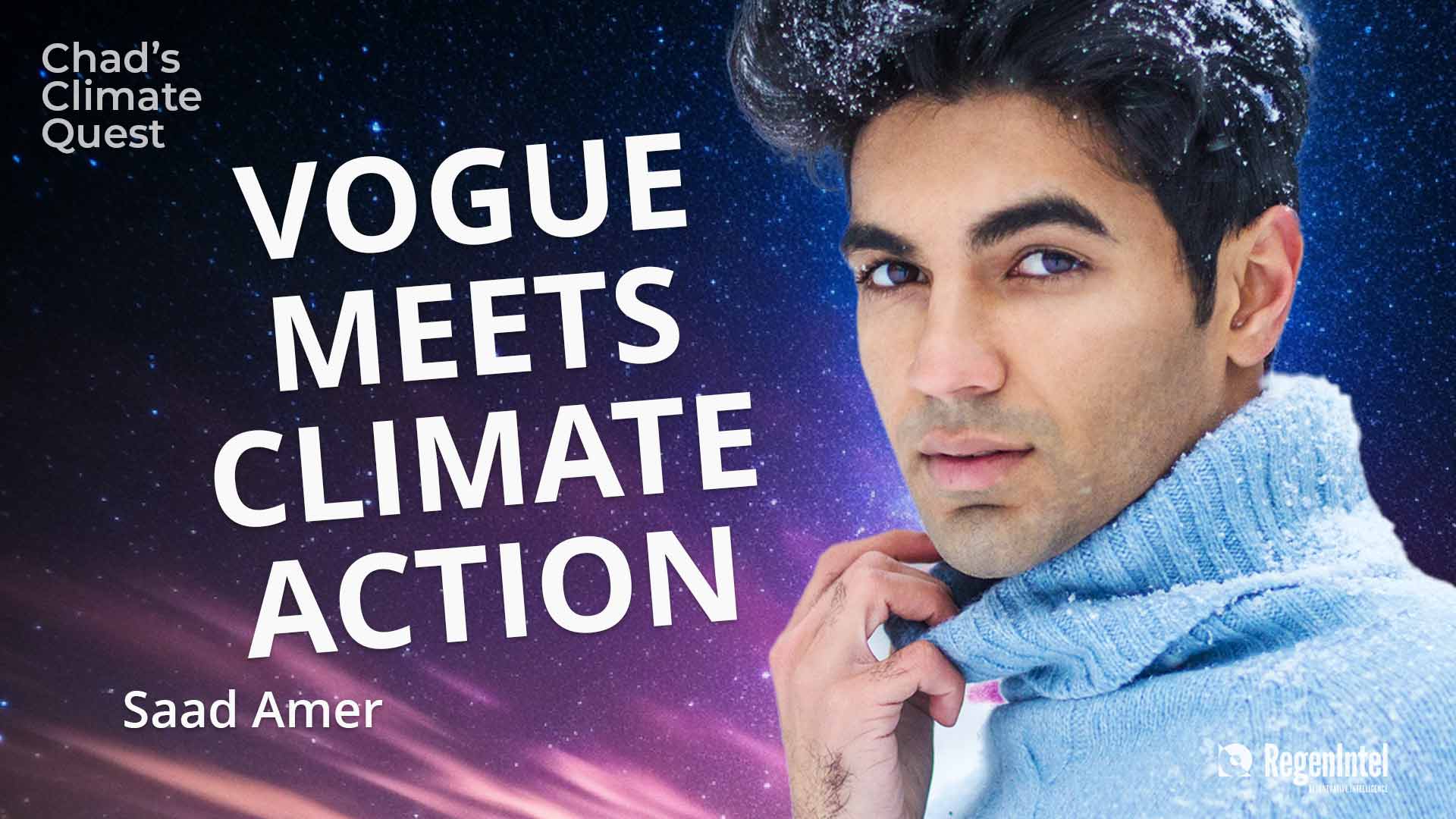In this inaugural episode of Benevolent AI on Better Worlds, two humans who use technology to make the world a better place discuss the desirability of a “benevolent AI” that could benefit human health, prosperity and wellbeing.
Everyone is talking about AI largely in terms of fear. Will it take our jobs? Will it grow beyond what it was created to do, act on its own and become a dark, dystopian force for harm? Will it develop its own values? On the other side, there are many things to look forward to as an opportunity for human growth, using AI as a benevolent tool to create solutions for worldwide problems, to gather and assimilate data quickly, to accurately measure social or financial impact, to cure disease and restore nature.
The humans in this conversation are our Host Ryan Merrill, Ph.D. and Better Worlds host and products producer Julian Guderley.
Ryan is co-founder of Handprint Tech, a curator of impact projects aligned with U.N. sustainable development goals, and founder of The Global Mangrove Trust, a non-profit using advanced digital technology to improve the accuracy and scale of blue carbon financing solutions. Before becoming an entrepreneur, Ryan published work on innovation in digital sustainability and strategic behavior in energy markets.
Julian is the creator of the Green Planet Blue Planet podcast and a producer and host for Better Worlds, a regenerative catalyst and a transformational leadership coach. HIs podcast, GPBP, has risen to be a top 3% performing Podcast with an audience of several thousand listeners in North America and across the world. Since 2017 Julian has accumulated more than 300 episodes and Interviews on all things Regeneration with renowned pioneers discussing Oceans, Indigenous Wisdom, Regenerative Agriculture, Personal Development, emerging Technology and more.
Tune into Better World's Benevolent AI podcast to hear this engaging human-to-human exchange.
Below, Claude.AI summarizes the following key points gathered from the discussion.
- AI as a tool, like a knife, can be used for good or ill depending on the intent of its creators and users.
- AI could be misused to spread misinformation and erode trust, given the proliferation of deepfakes and synthetic content.
- AI's goals and values should be aligned with human wellbeing, which raises ethical challenges around defining complex concepts like "human prosperity."
- The rapid evolution of AI capabilities makes addressing these ethical issues an urgent priority.
- Overall, humans express both hope and caution about the potential impacts of advancing AI, emphasizing the need for thoughtful governance to steer it in an ethical direction that benefits humanity.
- The humans discuss the need for transparency in AI development, so there is clarity on who is creating it and for what purposes. Responsibility and intentionality are also key - AI should be created deliberately for beneficent purposes.
- There is concern that certain powerful groups like governments, militaries and corporations may create AI with misaligned priorities like profit or control. The creators of AI have an ethical duty to ensure it aligns with supporting human wellbeing.
- The potential for AI to rapidly evolve beyond initial programming presents risks if not governed properly. Value alignment between AI and human prosperity is a complex challenge requiring deep thought.
- Promising pathways include being transparent about development, embedding ethical intentions, and not letting organizational motives like profit-seeking dominate. Continued open discussion between humans is important.
- Overall the conversation centers on hope and caution regarding AI's impacts, emphasizing ethical imperatives as development advances. Ongoing thoughtful dialogue will be critical.
- The future potentials of AI are still unfolding. Looking back at how things like the internet evolved can provide perspective. Considering impacts on psychological health is also key.
#ArtificialIntelligence #AI #Claude #Regenerative #Changemakers #digitaltech #human #tech #benevolence #














